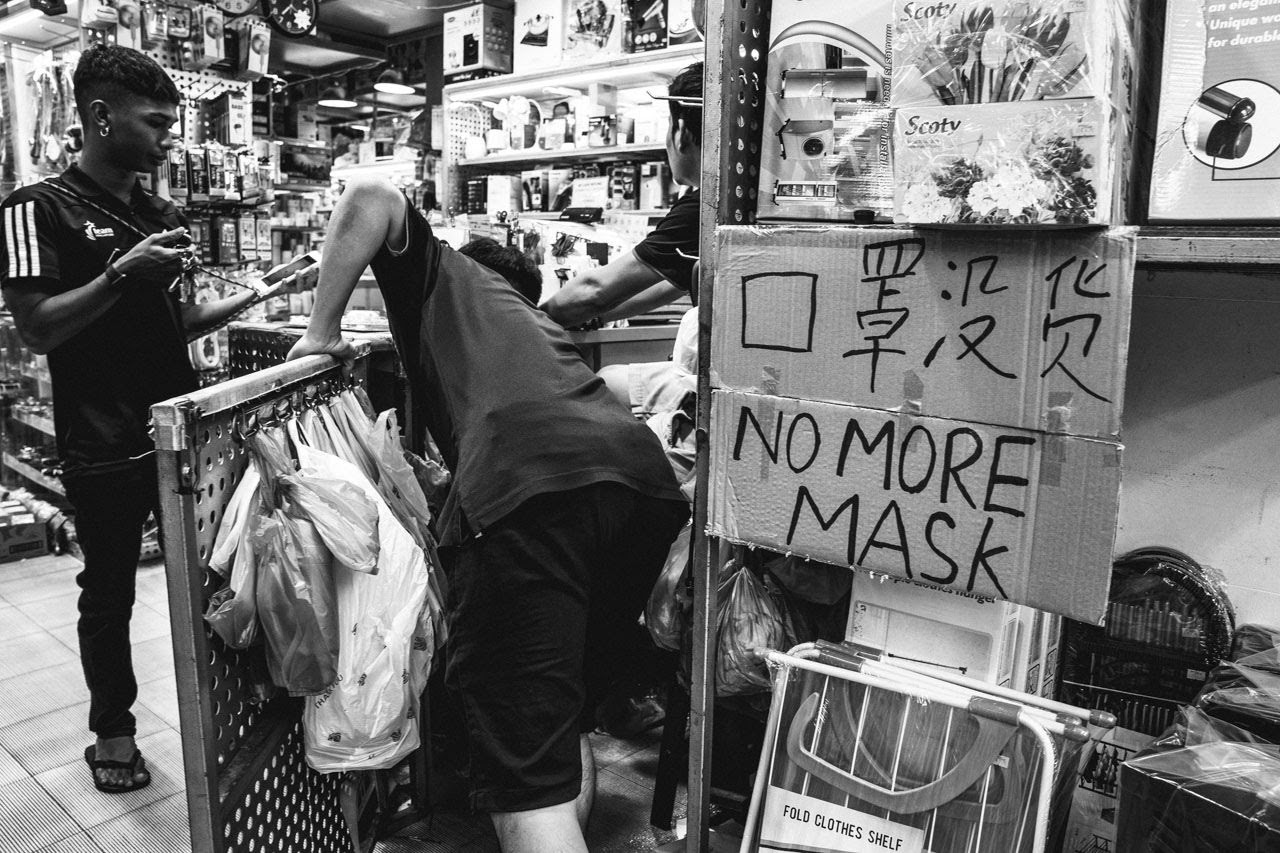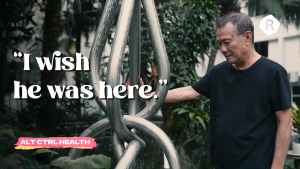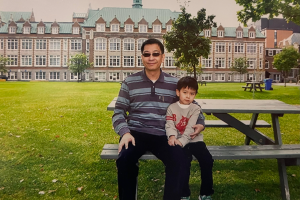All names have been changed to protect the individuals’ privacy.
Seeking reassurance, he would proceed to peruse additional resources on Covid-19: progress on a vaccine; the fatality rate for specific age groups; transmission rates in different climates … The internet is inundated with Covid-19 content, so he loses himself in the process for up to an hour.
But the material is rarely positive. So his anxiety feeds on itself.
One day, he decided to stop reading any news about Covid-19.
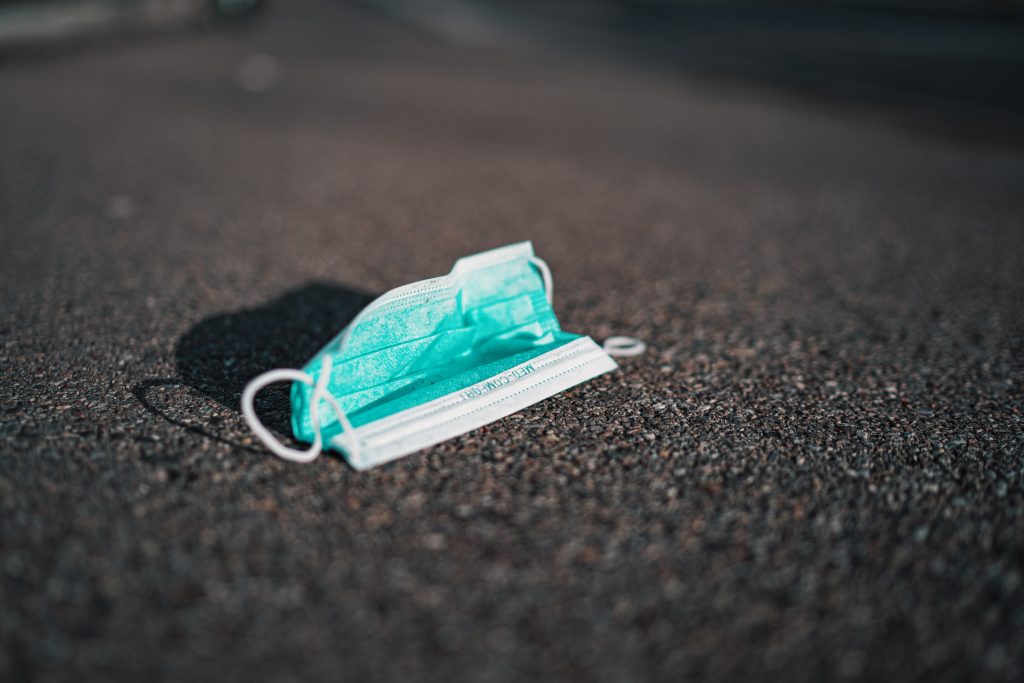
It’s not that I have no sympathy for Joash’s anxiety. A pandemic is raging across the world. Hospitals, lacking sufficient ventilators, have to choose who lives and who dies. Anyone who doesn’t feel anxious is a robot or a coronavirus in disguise.
Indeed, the Singapore Counselling Centre tells RICE that they “have seen an increase of clients seeking assistance to overcome their fears and depression over the Covid-19”.
Similarly, The Guardian reports that Crisis Text Line, a text-based counselling service in the United States, United Kingdom, and Canada, has been swamped by new clients who are dealing with Covid-19 anxiety.
But I don’t know if running away from the source of your anxiety is the best way to deal with it—and I’m saying this from the perspective of someone who has spent months of his life in a counsellor’s room trying to figure out why he’s so fucking anxious all the time.
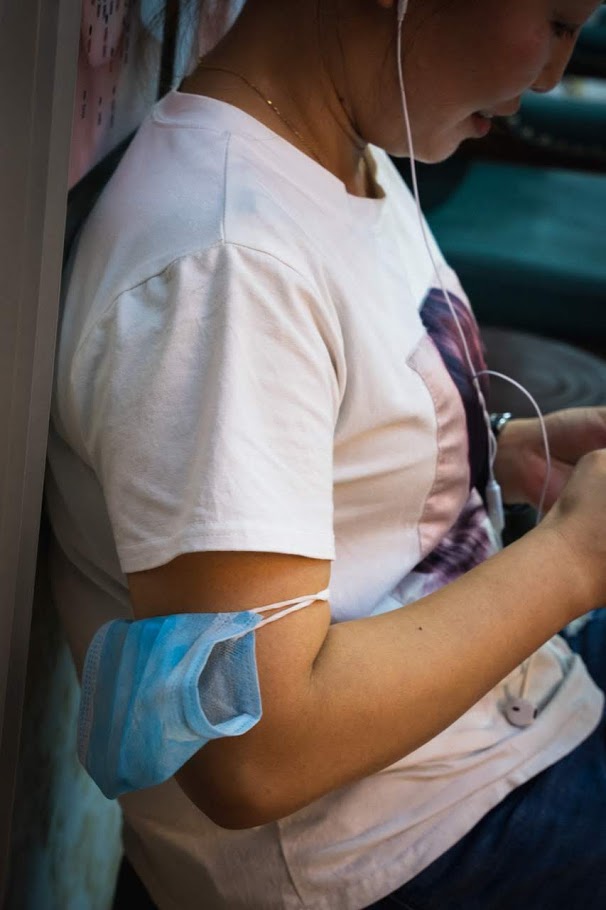
Daniel, a 28-year-old accountant, used to keep up with Covid-19 updates daily by reading The Straits Times and other news sites. About a week ago, however, he decided to avoid Covid-19 news because his sense of defeat and futility was growing with every article he read.
“I feel a bit jaded at this point … I’ve accepted that things will never be the same again.”
The reason why Xiu Fen, a 27-year-old lawyer, has muted all Covid-19 news is as straightforward: reading about it made her depressed.
“Every day, it’s just numbers and deaths getting higher and higher … Nobody really knows anything,” she says.
I reply, “But you won’t know if people know something if you don’t read about Covid-19.”
A moment passes as she fiddles with the straw of her milk tea.
“I know this year is bleak. I don’t need someone to tell me that.”
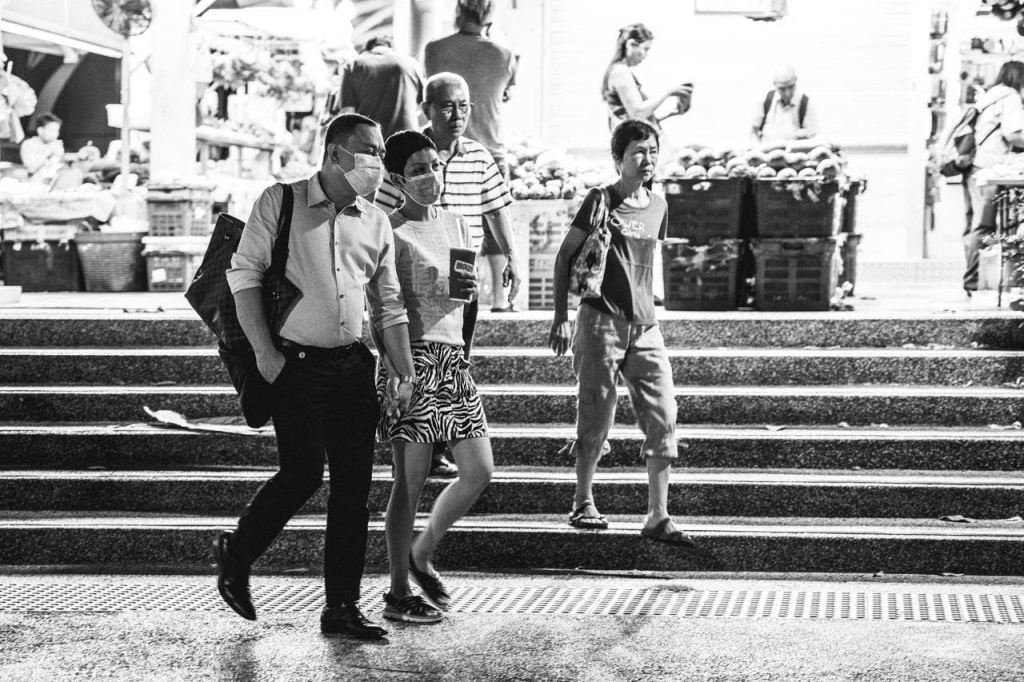
But they can go about their days without being paralysed by the sense of helplessness which previously pervaded their lives. The anxiety still burns, but it’s now low and slow, like an ember, not an inferno that stops them in their tracks. Instead of obsessing over the abstract fear conjured by news reports, they can focus on practical ways to manage the viral threat, they say.
My initial impression, then, is wrong: not reading Covid-19 news is not a socially irresponsible act.
Yes, combating a pandemic is a community effort. Everyone needs to stay updated on the virus’s modes of transmission, mitigation measures like social distancing, proper personal hygiene, and so on.
But do we really need to know about the hoarding situation in Milan, how the US is not adequately testing people, or what the daily Covid-19 number is?
After my conversations, I realise that, at this point of the virus’s progression, we already have at hand all the information we need on how we as individuals can help to combat its spread. All three people I spoke to are doing their part to flatten the curve. Any extraneous information is purely, well, extraneous. An additional log of firewood you throw into the blaze.
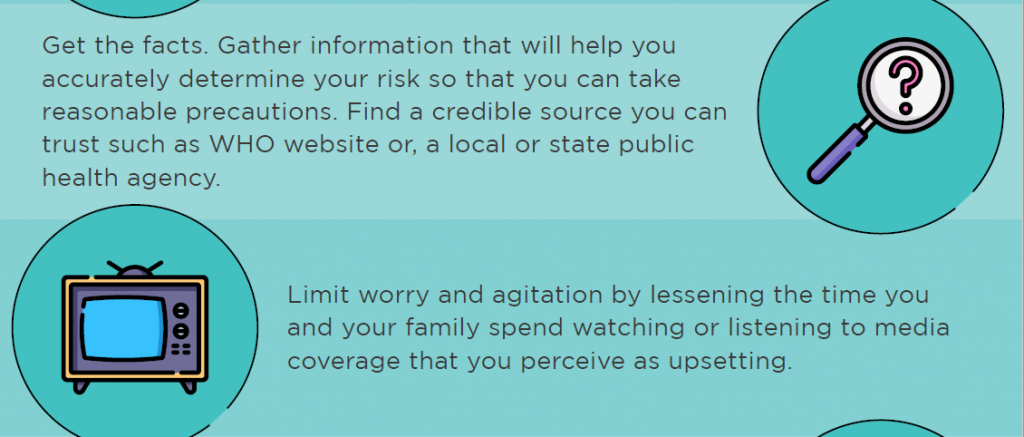
“A near-constant stream of news reports about an outbreak can cause anyone to feel anxious or distressed,” the WHO reports, so “avoid watching, reading or listening to [them]” and “seek information mainly to take practical steps to prepare your plans and protect yourself and loved ones.”
There’s nothing irresponsible, then, about avoiding Covid-19 news. Nor should there be any shame or stigma attached to that, with the big caveat that you are adequately informed on mitigation measures and do not act like one of those idiotic people who were taking holidays in Vietnam because “tickets very cheap now”.
The pandemic is reminding us how valuable our physical health is. But, as Joash, Daniel, and Xiu Fen have made me realise, it should not come at the cost of our mental health. There’s no shame in prioritising our well-being; it’s completely fine to exit the Covid-19 conversation to take care of ourselves.
Watch a movie under the blanket, drink a cup of hot chamomile tea, and mute all mentions of Covid-19 on your newsfeeds.
And stay home.
The Guardian also has a list of things you can do to help manage any Covid-19-related anxiety.

